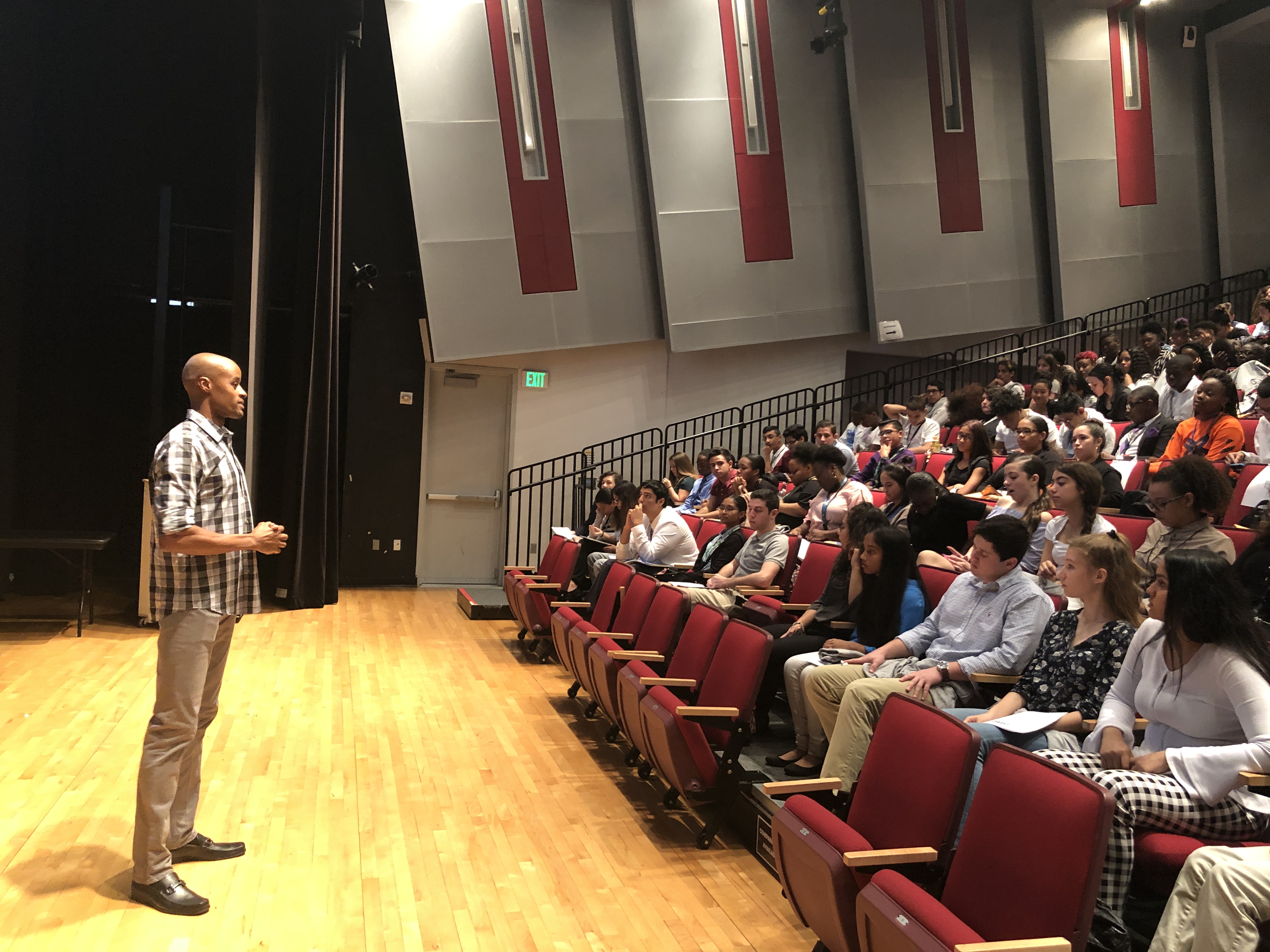There’s an interesting trend I’ve seen online lately.
1) You share your point of view
2) Someone offers a dissenting point of view.
3) You engage, defending your point of view.
4) The commentator accuses you of being “defensive,” as if this is some sort of code violation.
***
In basketball, there’s a common cliche: defense wins championships.
The Los Angeles Lakers ended the 2020 “Bubble” NBA Finals in 6 games over the Miami Heat with a stifling defensive performance in the closing game.
Four historic NBA teams —
Michael Jordan’s Chicago Bulls
The Curry-Klay-Draymond / KD Warriors
Kobe & Shaq’s Lakers
The “Big 3” Miami Heat
— Are all remembered by the casual fans and YouTube highlights for their offensive show. All of these teams were at or near the top of the league in defense.
I’m not saying the defense is WHY they won — but, defense is why they won.
***
People get triggered easily these days, depending on just how hot the hot-button the topic (race and politics are raging infernos; sports performance / talent is underrated).
When people are triggered, they do the exact opposite of the thoughtful author of an email I shared back in September. Instead of understanding the POV of the speaker, triggered people immediately (try to) impose their POV on someone else — then, accuse the other person of being defensive.
Triggered folks are driven by their emotions — playing offense — telling you why your idea / position / conclusion is wrong. You engage, defending your idea against the commentator with supporting evidence / info / etc.
“You’re defensive! Don’t share your opinion if you don’t want people to respond!”
Playing defense is not a bad thing, especially when someone is coming at you playing offense. If you want your content to be taken seriously, you’d better 1) Say something that isn’t already being said and 2) Be ready to defend it!
That’s the entire game in a nutshell.
Career Commentators — those who don’t create, but only “counter-punch” against those who do — don’t understand this, but as a creator, you must understand it. This is the “unfair” game you sign up for when you share unique opinions.
You could play offense too, I suppose, but those exchanges descend into sewage quickly. I’ll assume that you’ve seen that happen often enough. If you haven’t, browse some Facebook comment threads.
For me, what I’m describing here happens to me ONLY on Facebook, none of the other social platforms that I also use daily.
Let’s say you have a belief or opinion — you’re Christian, or you think Kobe is better than both Jordan and LeBron — that you choose to share publicly.
Fine.
Someone comments that you’re wrong: Catholics are the only REAL descendants of Jesus, and Kobe isn’t even in the Top 10.
Also fine.
They’re allowed to comment, sure. If you get “defensive” — DEFENDING your stance with more reasons why you said what you said or believe what you believe — is that wrong? Not that I can tell.
Calling you “defensive” is the new weapon of comment trolls. They can attack, but apparently,
you’re not supposed to defend.
I’m not writing this because I have a solution. This is part of the game that you, as a creator, must accept.
Most people don’t put themselves out there in life in any way that could possibly bother anyone. They wait for people like me and you to do so, then pounce to criticize it.
Accept it.
But you don’t have to tolerate it.
Engage, discuss, even go back and forth as long as you and the commentator can remain civil. And remember what I’ve said about trolls: the comment section of content that you publish, is yours to control. You don’t have to allow anything that you don’t want.
A comment troll will always find somewhere to share their two cents. They wouldn’t be trolling if they couldn’t at least do that.
Before you spend too much energy on them, though, think like a publisher: take what you would have said to a commentator and make a new piece of content instead. Let the whole world watch / hear / read it, not just one person. That’s how the game works when you’re on this side of the screen.
Everything is material.
If you’re ready to turn all of your value into material, join us at Work On Your Game University where you can take the Content Machine Course and turn your thoughts into revenue.
Join here: http://WorkOnYourGameUniversity.com


